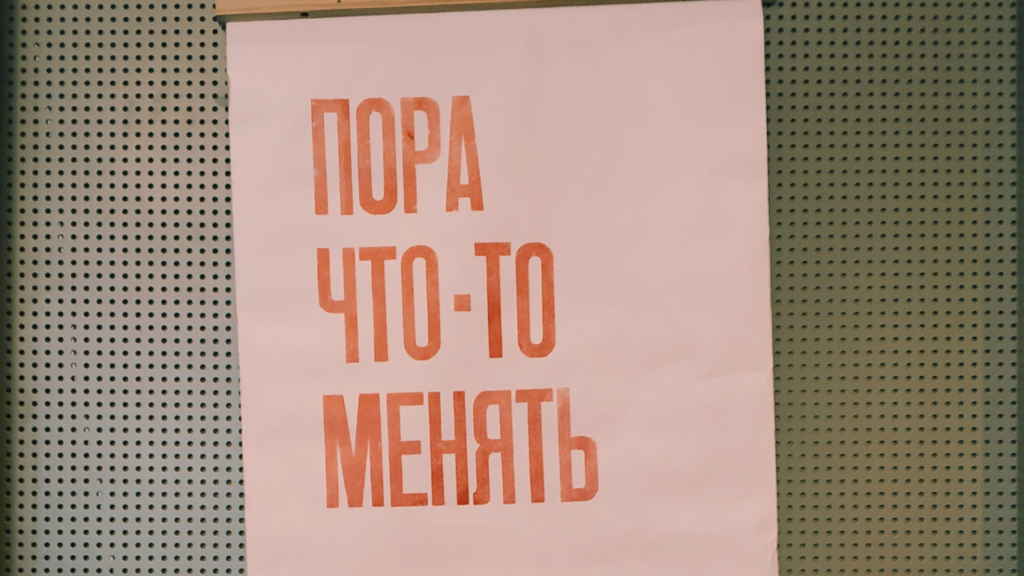На связи Palme School! Мы знаем, что интересные факты о русском языке привлекают внимание внимание не только ученых, но и обычных людей. И сегодня расскажем о некоторых из них — о словах, которых поменяли свой род.
Меняют пол не только люди. В некоторых языках слова тоже могут со временем поменять свой пол, то есть род.
Почему так происходит? Филологи считают, что языки проходят обратную эволюцию — меняются от сложного к простому. Например, в древнерусском языке было целых 5 склонений, а в современном осталось всего три.
Но вернемся к роду — почему некоторые слова могут иметь разные окончания, а иногда сразу две словарные формы. Все потому, что русский является живой и имеет около 300 млн носителей по всему миру. А ведь всем известно, что не меняются только мертвые языки, например, латынь или древнегреческий.
Сегодня мы расскажем об истории 9 русских слов, которые поменяли свой род. Мы специально подобрали понятия, которые известны детям, и вам будет интересно прочитать эту статью вместе.
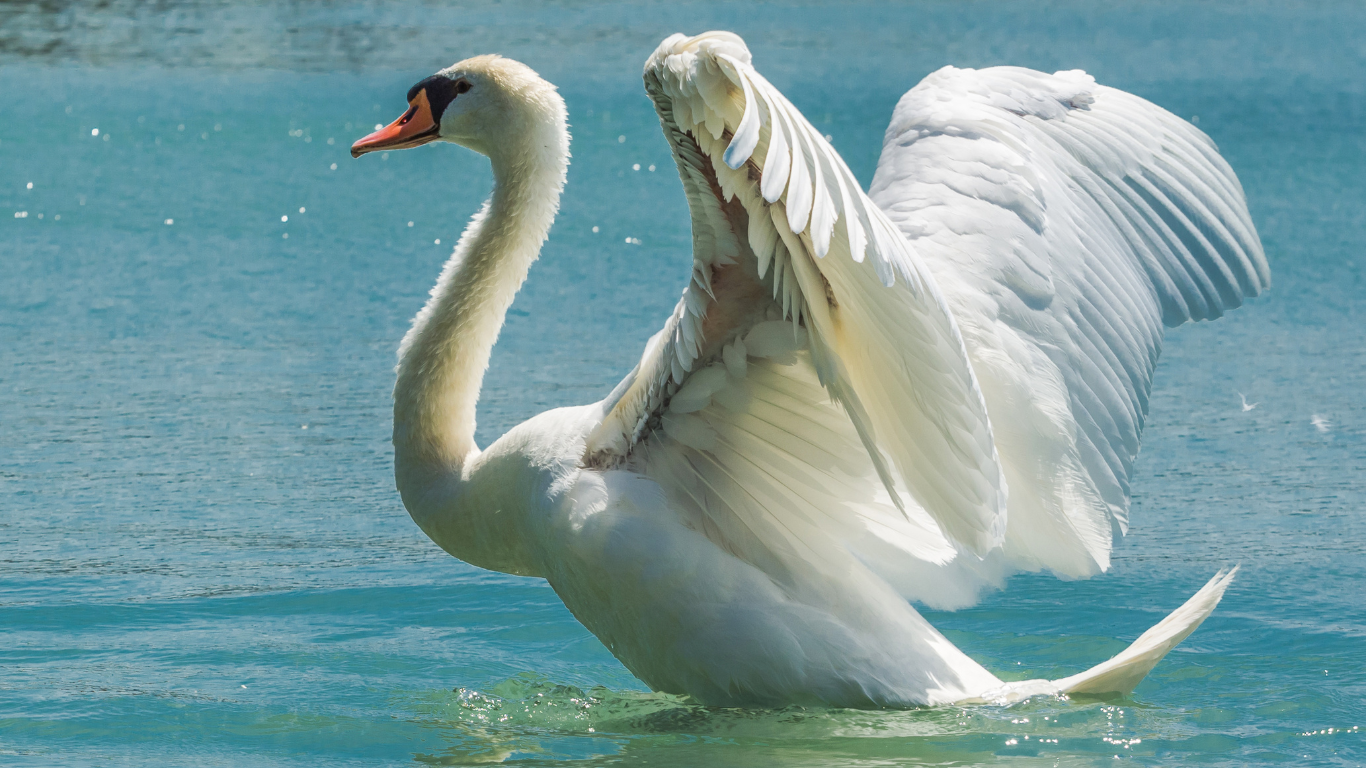
ЛЕБЕДЬ
Исконно русское слово. В настоящее время мужского рода, еще в 19 веке употреблялось в женском роде. Связано с древними славянскими ассоциациями этой грациозной птицы с молодой незамужней девушкой.


ЖИРАФ
Изначально слово имело окончание -а и женский род, поскольку на латыни звучит именно так: “giraffa”. Но со временем букву “а” потеряли, и слово поменяло пол на мужской.


ФИЛЬМ
Слово, заимствованное в конце 19 века из английского языка, когда начал распространяться кинематограф. Изначально использовалось в женском роде - “фильма”, поскольку означало пленку, на которой снимались первые киноработы.
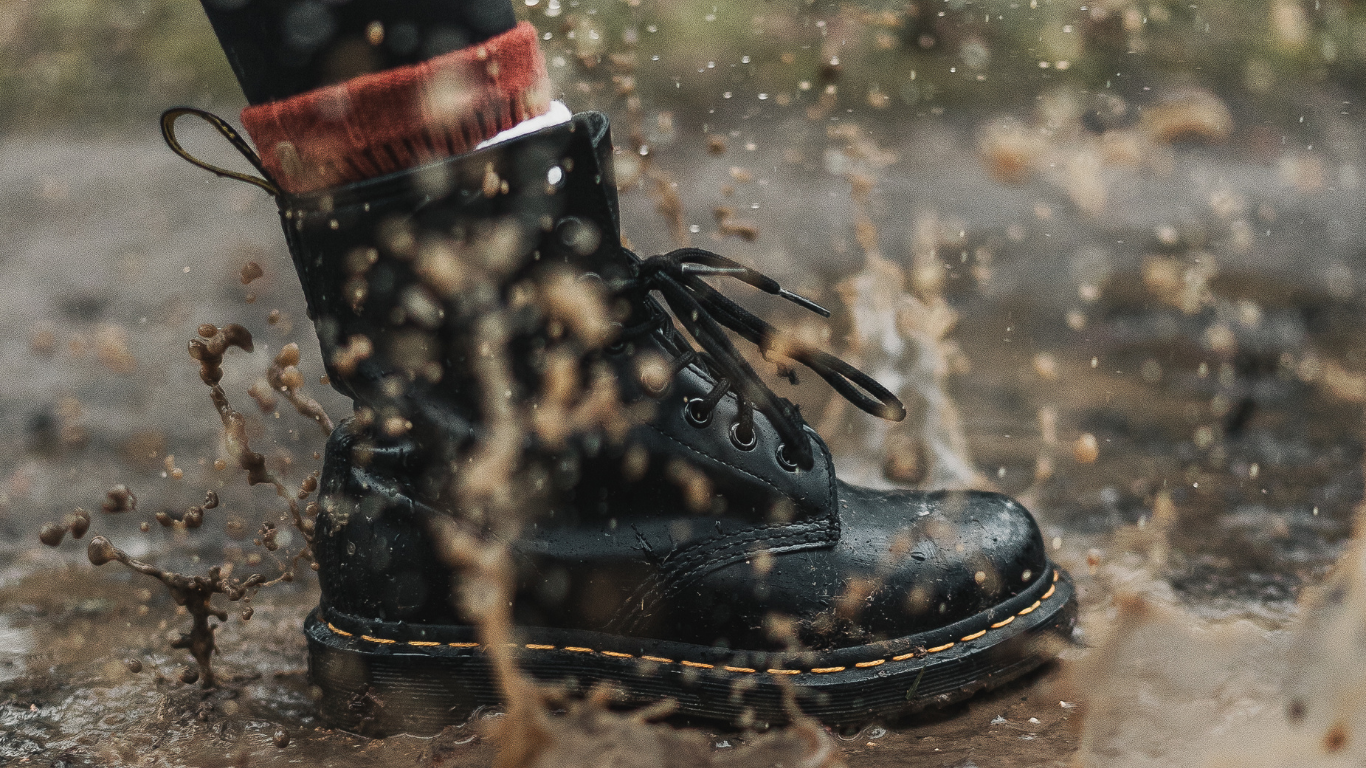

БОТИНОК
Слово, заимствованное в середине 19 века из французского языка (bottine). В единственном числе изначально употреблялось в форме женского рода - “ботинка”. Однако, со временем обрело мужской род и изменило окончание.
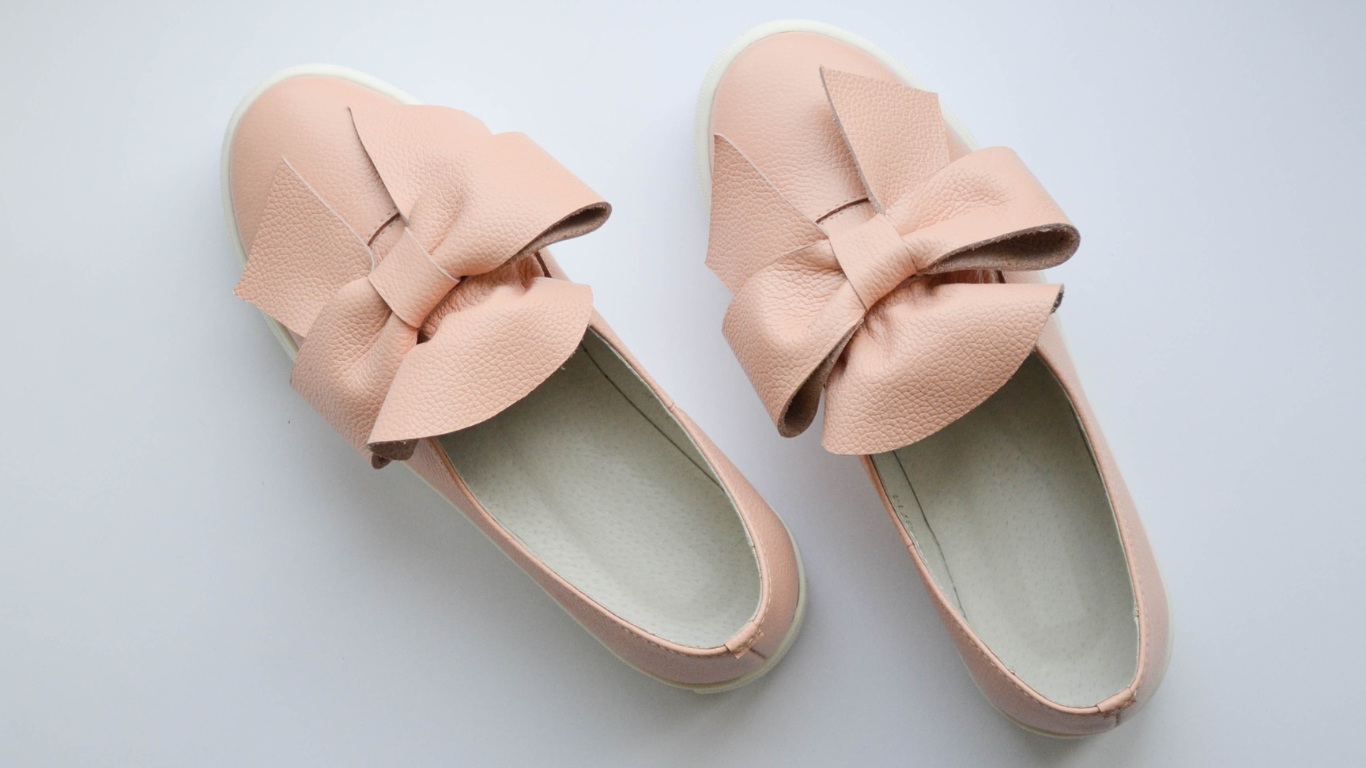

ТУФЛЯ
Еще одно иностранное слово, пришедшее в 17 веке из немецкого языка (tuffel) во времена Петра I. В отличие от ботинка, наоборот, использовалось в мужском роде - “туфель”. И только в 20 веке закрепилось в словарях в виде женского рода. Обратите внимание, что ударение в слове “туфля” падает на первый слог
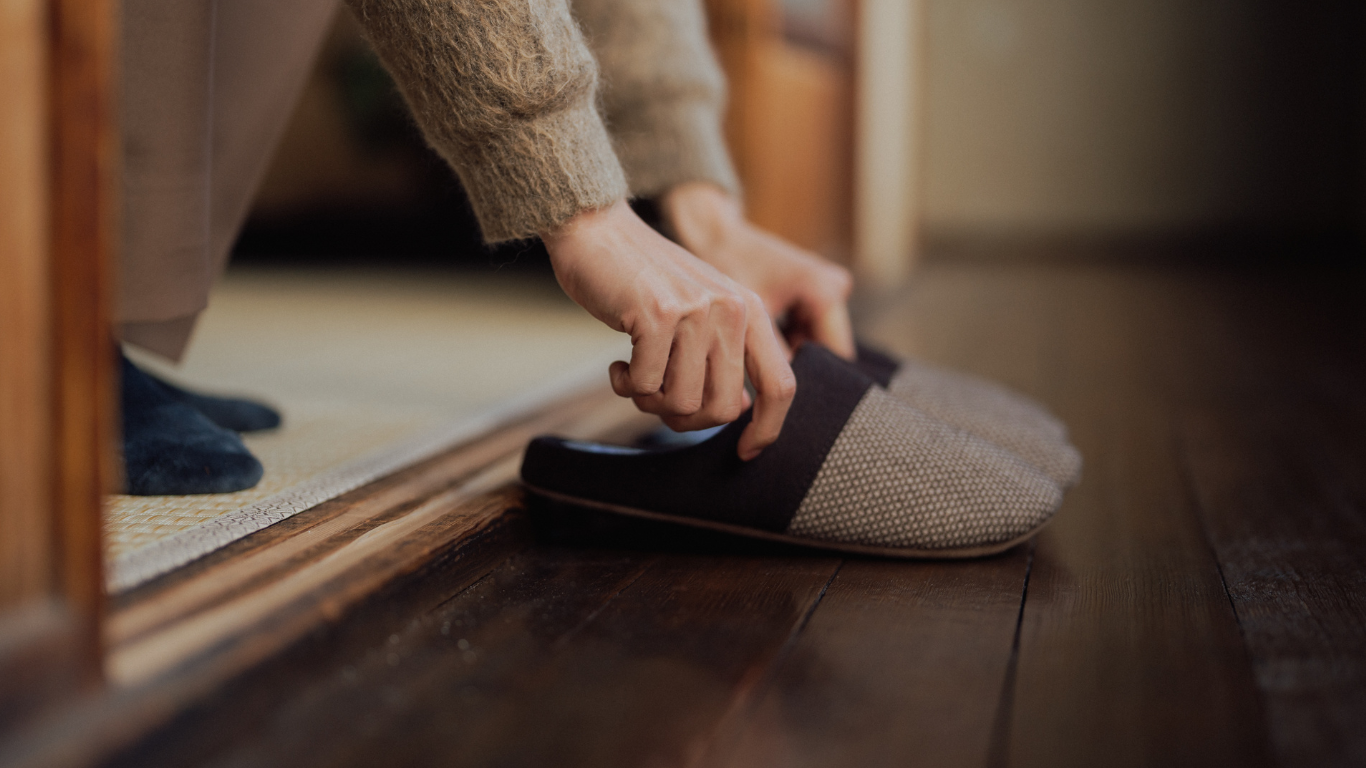

ТАПКА/ТАПОК
Еще один вид обуви со спорным родом. По поводу происхождения источники расходятся во мнениях, но один из вариантов - татарское слово “тапи” - или "маленькая ножка". Возможно, тапки как вид обуви был заимствован еще во времена татаро-монгольского ига. В настоящее время все чаще употребляется в мужской форме слова “тапок”. Поэтому некоторые словари допускают обе формы слова - в мужском и женском роде.


КОФЕ
Сколько слово существует в русском языке (а ему уже более 300 лет), столько и ведутся споры о его роде. Так какой же - мужской или средний? Еще в царской России существовали 2 варианта употребления. Кстати, мужской род изначально считался литературной нормой, а средний - относили к низкому стилю. В таком виде “кофе” в мужском роде дошло и до наших дней. Хотя отдельные попытки легализовать средний род до сих пор ведутся.


ПОРТФЕЛЬ
Слово было заимствовано из французского языка и состоит из двух корней - “порте” и “фейль”. Дословно означает “несу бумаги”. Изначально, слово употреблялось в женском роде, как большинство русских слов, оканчивающихся на -ль, но со временем поменяло “пол” на мужской.
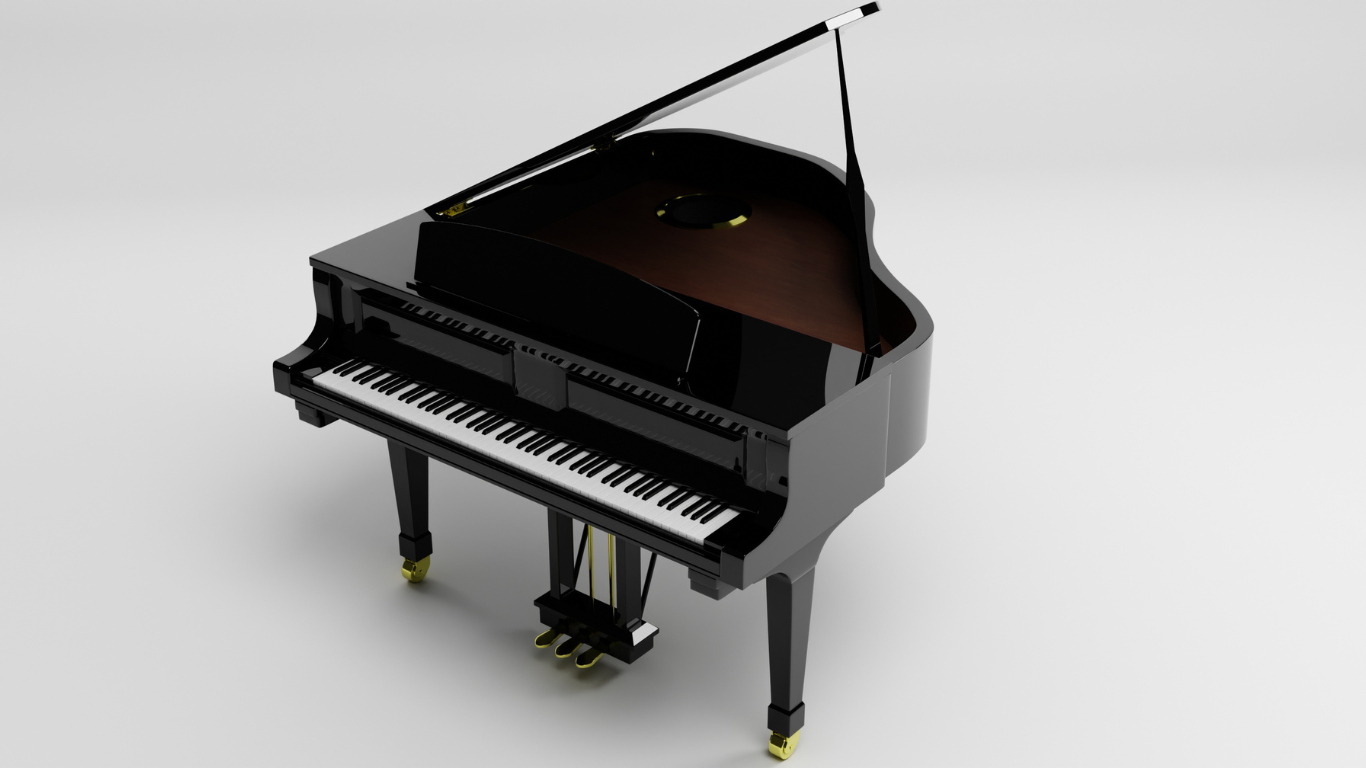

РОЯЛЬ
Эта модель пианино появилась в 19 веке, и имеет французское происхождение: “roi” означает “король”. Слово употреблялось как в женском роде, так и в мужском. В итоге, в 20 веке мужской род окончательно закрепился в словарях
Нравится узнавать интересные факты о русском языке? Почитайте нашу статью о том, как объяснить ребенку значение известных русских фразеологизмов


